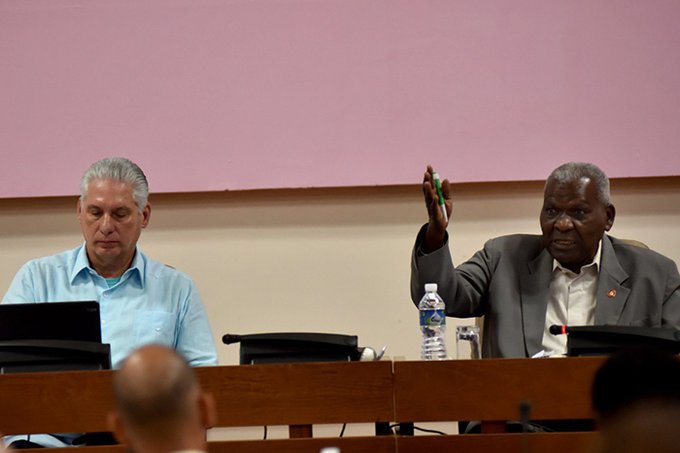During the debates in the parliamentary commissions, Lazo stressed the need to educate families so that they can correctly exercise their role in teaching children and young people.
He also urged to use research to understand the causes of social problems and develop effective solutions.
Lazo warned that people who neither study or work may be involved in criminal acts, drug abuse, early parenting, a phenomenon that is a social problem in Cuba.
The parliamentary leader considered it essential to address these issues, as they are discussing a problem related to the essence of the political system of the Cuban Revolution, ‘which is the transformation of people, based on the values of humanism, work and solidarity.’
Minister of Labour and Social Security Martha Elena Feito, in turn, explained that in 2024, Cuba has earmarked 5.913 billion pesos (about 246.3 million dollars at the official exchange rate) for social assistance, 927 million of which are earmarked for families in vulnerable situations.
Feito told the lawmakers that Cuba guarantees the protection of parents of severely disabled children, provides social assistance at home, and subsidizes vulnerable families to pay for the electricity bill for air conditioning and other equipment to maintain the home’s vitality.
She noted that more than 16,000 families overcame economic vulnerability, mainly by going back to school or employment.
The minister pointed out that in all these processes, the role of social workers is fundamental, for whom a degree has been approved, due to the importance of professionalizing this work, she added.
The lawmakers are meeting in 11 commissions to debate core issues for Cuban society before the 3rd Ordinary Session of the 10th Legislature.
jg/abo/ro/mks









